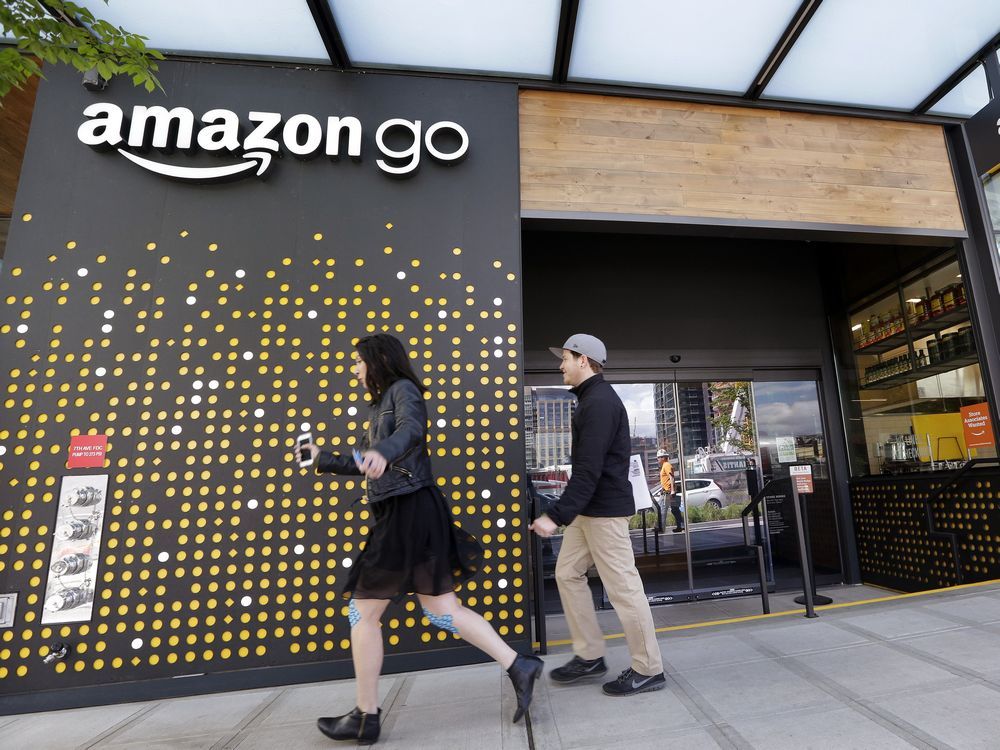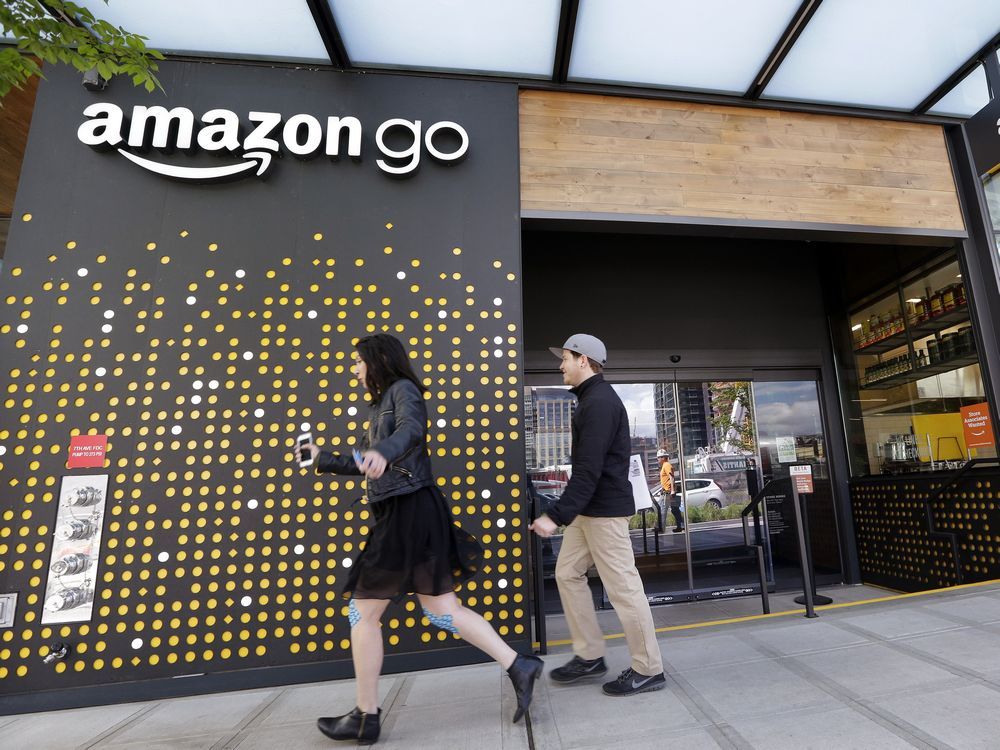The world of retail is changing at a dizzying pace, and the transformation extends far beyond online shopping.

“This time last year, online retail giant Amazon was gearing up to open its first ever Amazon Go store in Seattle, introducing Just Walk Out, which blends multiple technologies to allow customers to grab what they need and leave without having to check out. Last month, Amazon opened up its ninth location,” Isabelle Bajeux-Besnainou writes.
This time last year, online retail giant Amazon was gearing up to open its first ever Amazon Go store in Seattle, introducing Just Walk Out, which blends multiple technologies to allow customers to grab what they need and leave without having to check out. Last month, Amazon opened up its ninth location. Chinese e-commerce giant Alibaba is set to open up 65 “offline” stores, revolutionizing the shopping experience with the help of robots, apps and an overhead conveyor belt.
The world of retail is changing at a dizzying pace, and the transformation extends far beyond online shopping. A report issued by the World Economic Forum in 2017 on the future of consumption noted that retail is becoming more “inspirational, exciting, simple and convenient” to meet the needs of the empowered consumer. McGill University is embracing this change, having recently launched the new Bensadoun School of Retail Management to lead research and prepare future generations of leaders to navigate today’s new retail landscape.
There are four factors that are transforming the future of retailing:
For starters, we see an important demographic shift, where millennials are coming of age, while the baby boomers remain an important shopping bloc.
Globalization has also significantly lowered the entry barrier and made it even more crucial for retailers to seek and maintain unique advantages.
Changing consumer behaviour is another factor, as we have observed that consumers are now price-sensitive, health conscious, demand a personalized experience, are oriented toward environmental sustainability and have fast-changing habits.
Last, we have disruptive technologies.
Related
Disruptive technologies are intimidating, and many organizations are slow to adapt. While Amazon and Alibaba are overhauling the grocery shopping experience, major chains are struggling to implement basic technologies.
Around the world, only 5 per cent of grocery purchases are completed online. Granted, electronic commerce in supermarkets presents some unusual challenges, as products are bulky and often perishable, requiring fast delivery.
Online shopping, however, is not the only way to provide shoppers with the convenient and inspirational experiences they crave. New research into artificial intelligence and big data offer novel ways to minimize the frustrations experienced while shopping in-store.
How many times have you wandered up and down the aisles of a store, peering at the overhead signs while searching for an elusive item on your list? In an age when consumers use their phones for everyday decisions, such as hailing cabs, or paying bills, it would be great if our devices could tell us where we could find the rolled oats.
And while major chains have introduced self-checkouts to avoid long lines and save labour costs, you probably have had to wait for a clerk because you had double-scanned your milk.
If traditional retailers don’t embrace new technology, and make it work for shoppers, startups will fill the gap. Meal-kit companies already deliver ingredients and recipes for healthy meals directly to your door, bypassing the in-store search for items, long lines and even the mental effort required to conceive your weekly meal plan. Delivery apps have expanded your choice for take-out to include healthier options.
It is unlikely that we will stop buying things because the experience is unenjoyable, especially when it comes to necessary purchases like food. However, it is likely that where and how we acquire our goods will evolve. While retailers have made some changes, 21st century consumers are still seeking more. Failing to adapt the experience will only increase the consumers’ rush to alternatives, leaving traditional retailers at risk.
Improving the shopping experience does not need to start with a complete revolution of the business model. Retailers should look into their customers’ desires and their pain points to determine how new technology can help address these. Startups may always be the first to push the envelope, but established retailers need to be fast followers.
Isabelle Bajeux-Besnainou is dean of McGill University’s Desautels Faculty of Management.

